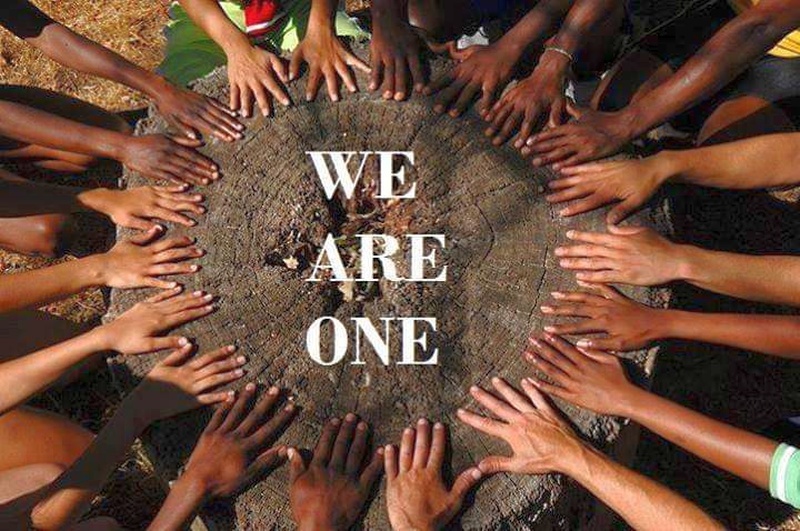Through its $1bn five-year investment plan, US tech giant Google wants to tap into the African concept of “Ubuntu”, which was originally meant to pivot pan Africanism.
Proponents of Ubuntu philosophy, such as South African fallen cleric Desmond Tutu, see it as a universal bond of sharing that connects all humanity — in this case all Africans. But the Ubuntu philosophy, which in Zulu, means “I am because we are,“ has struggled to become a reality — with certain African countries seeking a protectionist agenda even under the Africa Continental Free Trade Area (AFCFTA). Even when it comes to technology, though some startups have tried to ride on the philosophy, a sense of commonness is lacking and technological progress on the continent is still limited to a few hubs. And this is where Google comes into the whole picture, as the US tech giant now wants to change all that.
Through its $1 billion five-year investment plan, the company aims to use technology to unite all African countries. During its recent Google for Africa event (5 October), Google highlighted that by providing multiple opportunities in the internet, offering training, and adding more African languages to its products, ‘Ubuntiusm’ can be resuscitated. “We’re donating $1 million in ad grants on a monthly basis and helping more than 40,000 people collaborate with Google Workspace for nonprofits,” says Nitin Gajria, Google Africa Managing Director. “Going through this journey, we want to embrace the spirit of Ubuntu. I am because we are.” Gajria added that there will be ongoing Google Career Certificate scholarships to 5,000 more African youth through an additional $1.5 million funding.
Also, Google’s Equiano subsea cable, meant to reduce the cost of internet and bring more Africans online, has connected Saint Helena, Togo, Nigeria, Namibia, and South Africa to Europe and is set to expand the continent’s internet bandwidth by up to 20 times. Moreover, Google is now building speech recognition algorithms to serve Africa, starting with the launch of voice typing support for nine more African languages on Gboard, the Google keyboard. The US tech giant has also updated its Street View feature in Kenya, South Africa, Senegal, and Nigeria with “nearly 3,000 kms of imagery” to help people virtually explore and navigate neighborhoods on Google Maps. Last but not the least, the company is moving to help Africa’s top content creators in music, food, fashion, art, and sports, including by digitizing Africa’s art for preservation.

